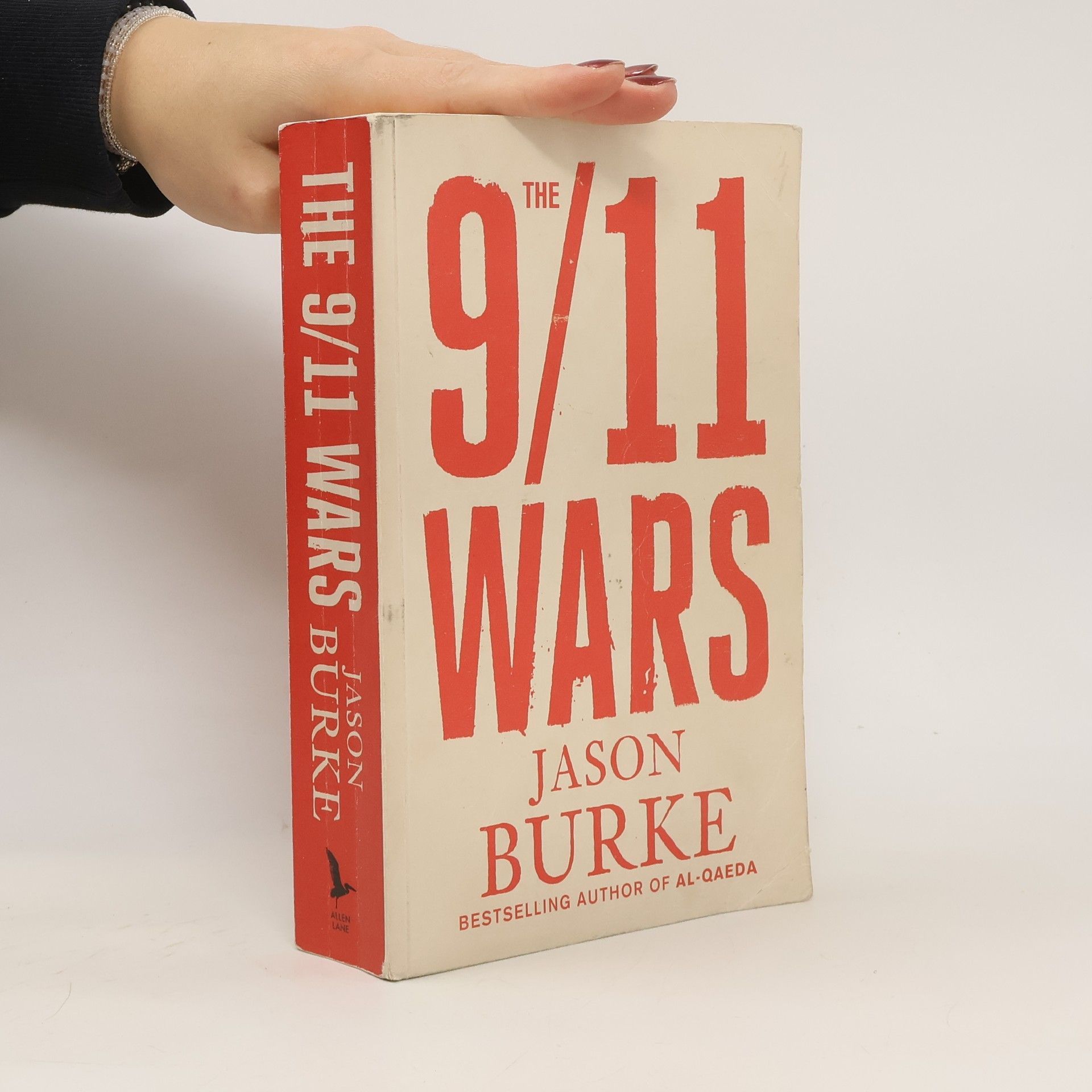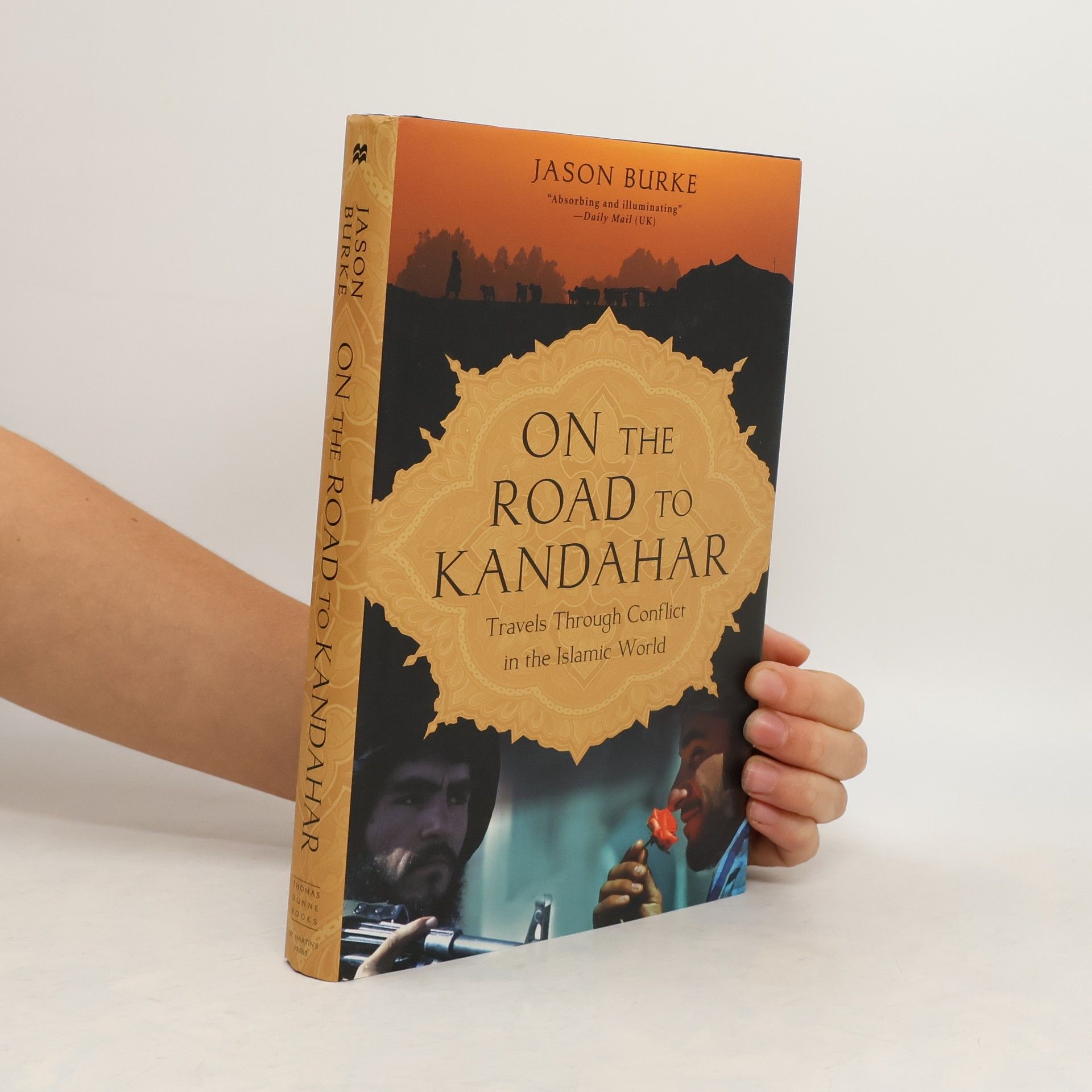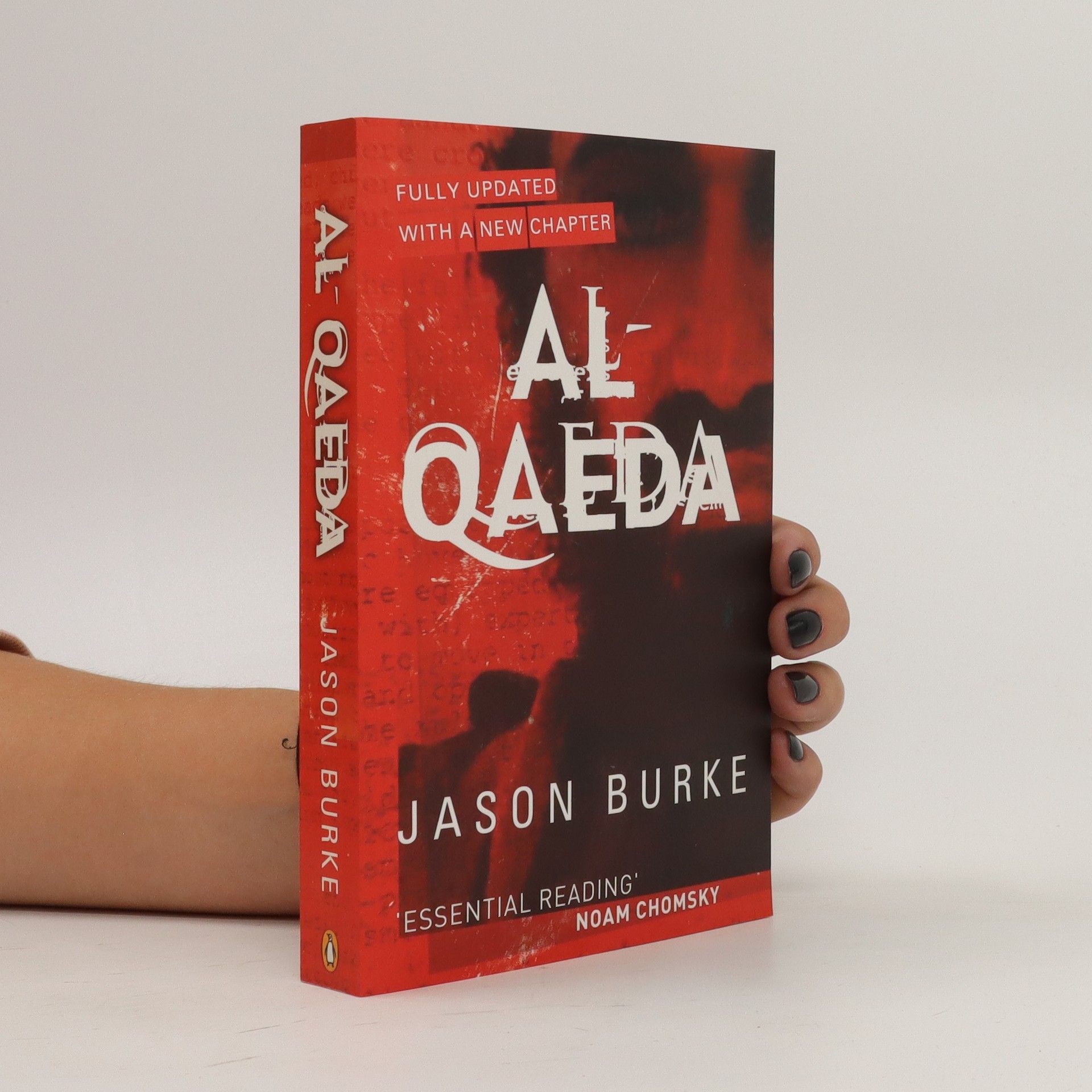The New Threat From Islamic Militancy
- 304 pages
- 11 hours of reading
In this compelling analysis, renowned expert and prize-winning reporter Jason Burke offers a comprehensive guide to contemporary Islamic militancy. Spanning regions from Syria to Somalia and Libya to Indonesia, the threat appears more pervasive and potent than ever, with groups like ISIS and Boko Haram commanding military strength and ruling over millions. Al-Qaeda, too, remains a significant force, evolving alongside a proliferation of factions and a new wave of Western Jihadists engaging in conflicts abroad and domestic attacks. Burke addresses critical questions about these groups: their goals, connections, and differences, as well as their tactics involving online activism and extreme violence. Drawing on nearly two decades of frontline reporting and diverse sources, including intelligence officials and militants, he clarifies the complexities surrounding this issue, countering prevalent misconceptions. He illustrates that Islamic militancy has transformed significantly, proving to be modern, dynamic, and resilient rather than a mere relic of the past. This insightful work is essential for anyone seeking to understand the nature of this urgent global challenge, enabling readers to confront their fears with rationality and effectiveness.





